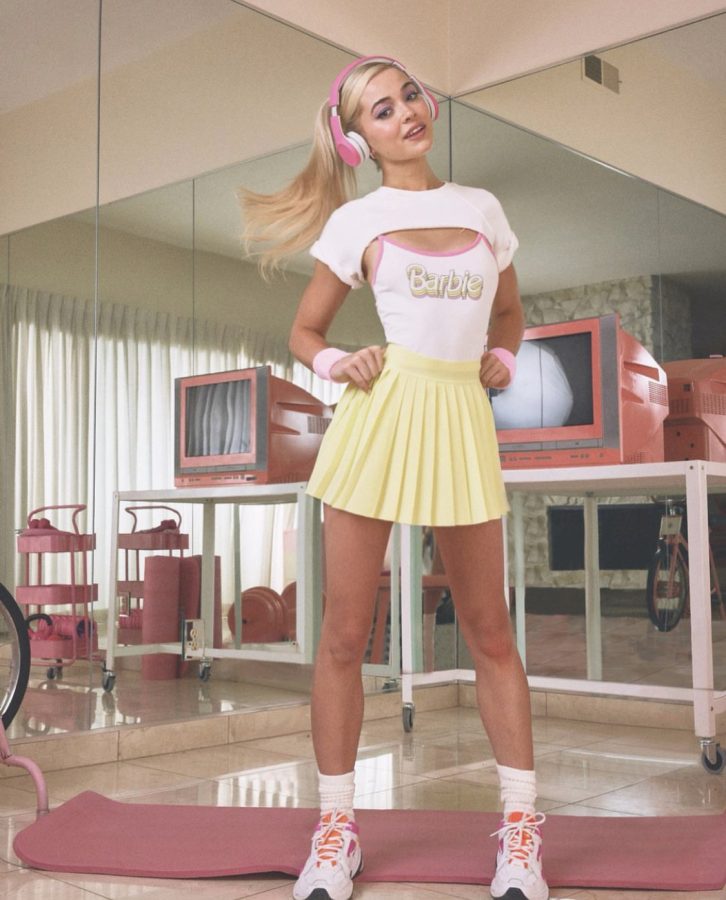N.I.L. Deals Are Not to Blame for Sexism in Women’s Sports
In July 2021, the Supreme Court laid down a unanimous decision that would drastically alter the college sports landscape forever: the ability to pay college athletes. The decision arrived after heated debates, stating that college athletes were now able to be paid for use of their name, image and likeness in the form of N.I.L. deals.
These deals were used to justify the unpaid nature of college sports, as many athletes put in time and effort just like professional athletes, yet go uncompensated.
I will admit there was major concern on my end when this decision was made, specifically toward how equal the N.I.L. deals would truly be when it comes to women athletes.
Historically, women’s sports have taken a backseat to men’s in terms of pay, attention and overall treatment, not just at the professional level but at the collegiate level as well. Take, for example, the NCAA Women’s Basketball tournament in 2021, where women were given substantially less in gift bags, equipment space and coverage.
With the rise of N.I.L. deals, women were finally able to receive compensation for their hard work on and off the field, which is especially important when their sports are underfunded. According to a CNBC article, while football is miles ahead of every sport in terms of N.I.L. deals, six women’s sports are in the top 10 among all college athletics for N.I.L. compensation.
I personally see this as a resounding win for women’s athletics, particularly because of the attention these athletes receive in their respective sports. These college athletes have become celebrities in their own right, with some, like NCAA gymnasts Sunisa Lee and Olivia Dunne, garnering huge deals. While some may view these deals as exploitative, I disagree. It isn’t necessarily the deals that are exploitative, but rather the people that idolize them.
Creepy sports fans who launch inappropriate comments toward these women athletes are a separate entity from the deal itself. Some of the deals these women athletes are getting include Nike, athletic wear brands, Beats by Dre and others, with many athletes posting photos on social media in brand partnerships. We must remember that if a woman posts anything in this day and age, they will most likely receive some sexual comments. The N.I.L. deals themselves should not be blamed.
The sponsors of these N.I.L. deals currently seem to be giving equal opportunities to women athletes alongside men. Women are not being barred from Nike deals, although they may be solicited by other brands to do swimsuit or lingerie deals more often than men. Of course, if women athletes are only offered the latter deals mentioned, then it would be discriminatory behavior, but women athletes are being presented with opportunities by other giants in the sports industry. They are not forced to take these swimwear deals.
Unfortunately, women in all career fields can be sexualized for what they post on social media. Even the most tame posts can garner unwarranted attention from others. It does not necessarily matter what N.I.L. deal a woman takes; she most likely will receive at least one untoward comment.
However, I think that these deals can do more good than harm because of how they can promote women’s sports as a whole.
As mentioned, women’s sports are in need of help in terms of funding. So many male-dominated sports receive higher amounts of funding from schools and women’s sports are often the first to get cut in instances of budget issues. With more N.I.L. deals shedding light on women’s sports, more companies may be inclined to help women’s sports succeed as well as sponsor more tournaments for these athletes.
Viewership for women’s sports has begun to drastically increase. ESPN announced that in the 2021-22 season, three separate women’s sports championships brought in the biggest audiences in more than a decade — volleyball, basketball and gymnastics. As more of an audience develops for women’s collegiate sports, more revenue will be generated.
As women decide to enter into N.I.L. deals, there should always be some caution as to what deal they are signing, just as anyone should have caution as they approach any contract. The deals themselves, though, have been a key building block to the funding and promotion of women’s sports over the past two years. Public opinion will never be perfect, but at the end of the day, women collegiate athletes are finally getting the attention and pay they deserve as a result of N.I.L. deals.
Maddie Bimonte, FCRH ’24, is a journalism major and political science minor from Raleigh, N.C.

Maddie Bimonte is a senior from Raleigh, N. C. majoring in journalism and minoring in political science. She first joined the Ram writing for the sports...










































































































































































































